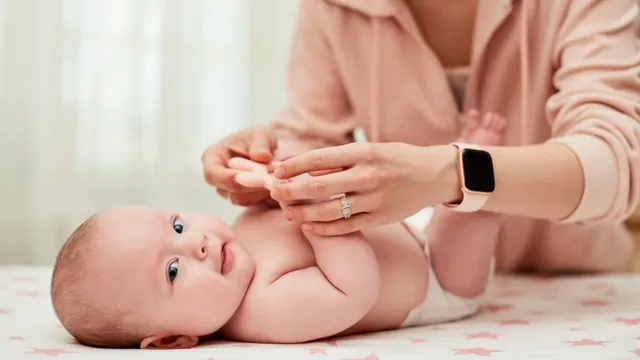- By Priyanka Munshi
- Fri, 07 Mar 2025 01:10 PM (IST)
- Source:JND
Ayurveda, one of the most popular and traditional practices, has been a part of every Indian home for many years. Ayurveda is an ancient science that follows a natural healing process, offering gentle and effective ways to support your newborn baby's growth and overall well-being. A simple practice like gentle daily massages using warm herbal oils can help improve your baby's strength and blood circulation. You can also incorporate natural ingredients from your kitchen, such as turmeric and saffron, to boost immunity.
Moreover, did you know that Ayurvedic practices can help enhance your child's focus and mental clarity? Simple steps like feeding your child ajwain water for better digestion, ensuring they sleep in a calm environment for restful sleep, and following natural remedies can contribute to their healthy development. Here are some Ayurvedic tips to keep your child happy and healthy:
Healthy Lifestyle
One of the most important Ayurvedic tips for your baby is to establish a happy and healthy routine. Ensure they get nutritious meals, proper sleep, and time in nature, such as visiting parks or playing with toys and dolls. These activities help keep your baby energetic and promote a positive mindset.
Also Read: Are You Consuming Too Much Salt? 4 Important Reasons To Cut Back Now
Oil Massages
Massaging your baby with Ayurvedic oils is extremely important, yet many new parents overlook it. A proper oil massage using hibiscus oil, rosehip oil, coconut oil, or other herbal oils helps improve blood circulation and supports overall health.
Natural Remedies
The last Ayurvedic tip is to use natural remedies for common health concerns. For instance, honey and ginger can help relieve colds and flu, while spending time outdoors can help calm a cranky baby. Incorporating Ayurvedic treatments into your baby's routine can help them grow stronger and happier.
Also Read: Areca Palm Plant: 5 Lesser-Known Benefits Of Keeping It In Your Bedroom
(Disclaimer: This article is for informational purposes only. It is not a substitute for professional advice, diagnosis or treatment.)

